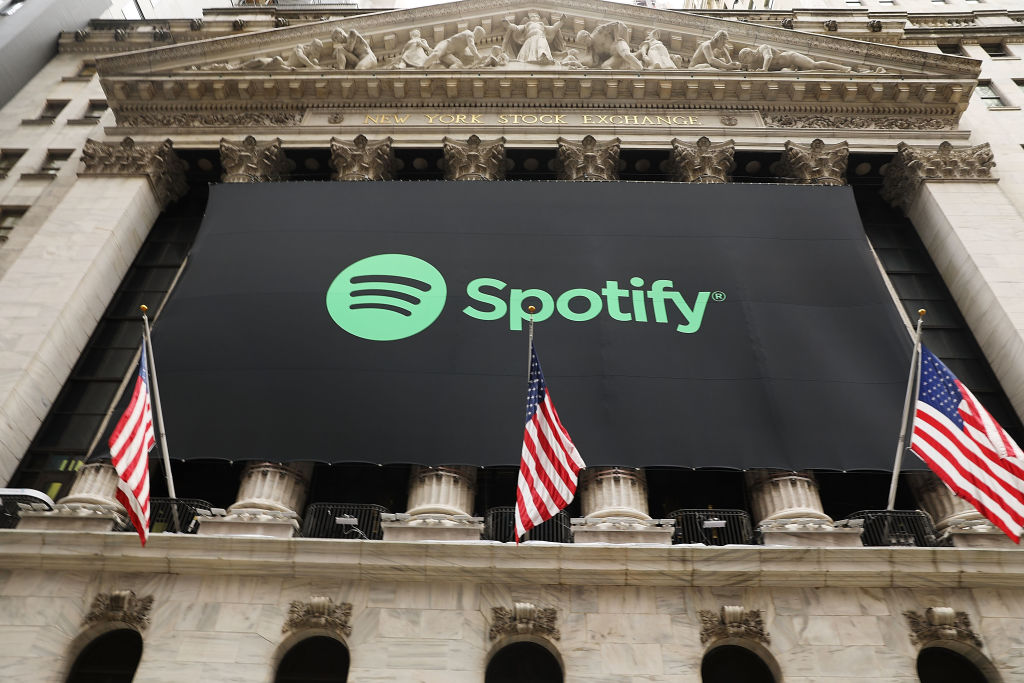Spotify, already notorious for its insultingly low royalty rate, is reportedly planning to pay even less to artists who don’t already get a ton of streams. Billboard reports that the giant Swedish streaming service is restructuring its royalty system and that it “will de-monetize tracks that had previously received 0.5% of Spotify’s royalty pool.” Presumably, Spotify will frame this as a way to combat fraud and to limit payments to ambient-noise generators, but it could also have a tremendous effect on the service’s role within the independent music world.
As Music Business Worldwide reports, Spotify has recently been in talks with Universal Music Group, the most major of the major labels. (UMG has also been in royalty-related talks with services like SoundCloud and Deezer.) According to Billboard, Spotify has also been talking to the other majors and to indie labels and distributors, and the service plans to change its royalty model early next year. The new system will benefit the artists and labels that are already more established, and the biggest change is that a track will need to reach a minimum number of annual streams before it starts generating royalties.
Spotify reportedly also plans to enact financial penalties against distributors and labels when it detects “fraud” in uploaded tracks. (The definition of “fraud” here is a little mysterious, and I have to wonder whether it covers things like samples that haven’t been cleared.) Non-music tracks — white noise, ambient sounds — will also have to reach “a minimum play-time length” to generate royalties; Spotify must be sick of paying people for 30 second of bird sounds. The various benchmarks for royalties have not yet been revealed.
The labels that supply Spotify with music will have to agree to all these changes, but Billboard claims that the major labels are all likely to sign on because they’ll make more money from these changes. In an earnings call in July, UMG CEO Lucian Grange reportedly announced a “newly expanded agreement” with Spotify, claiming that it’ll be “artist-centric” and that it’ll benefit “real artists with real fanbases.”
Since the vast majority of independent artists presumably will not reach that 0.5% threshold, though, I have to wonder whether the smaller labels will see any point in keeping their music on Spotify. Streaming services like Spotify already have a reputation for pushing listeners toward music that’s already massively popular, and it seems that this new arrangement will only increase that tendency. The income gap between big stars and smaller acts is already huge, and this change could make that gap a whole lot larger.
